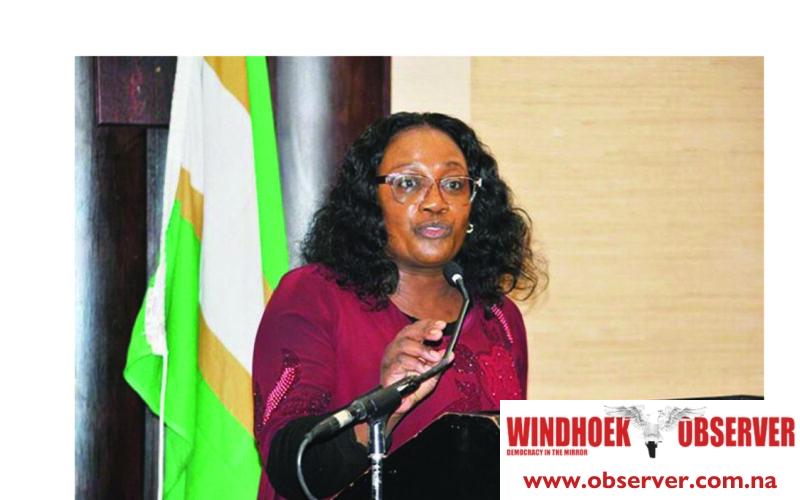Justicia Shipena
The Secretary General of the Namibia National Teachers’ Union (Nantu), Loide Shaanika, has told teachers to stop teaching subjects outside their field of expertise.
Shaanika said teaching outside one’s training not only violates professional standards but also deprives learners of proper skills.
“To stop teaching subjects you are not qualified to teach. It is not only to obey the instruction from your supervisor, but it’s equally disservicing the Namibian child in providing skills that you are not qualified or trained to provide,” she said on Monday during consultations on the Teaching Profession Bill and its regulations in Eenhana.
She compared the issue to the medical field.
“You have never seen a dentist in a general practice. You have also not seen a general practitioner in a room of a dentist or a specialised doctor. This is what we are trying to do with this bill,” she said.
The consultations come after minister of Education, Innovation, Youth, Sports and Culture Sanet Steenkamp introduced the Teaching Profession Bill and its regulations in the National Assembly last week.
The bill seeks to restore integrity and respect in teaching in Namibia by professionalising the field.
A central feature of the bill is the creation of the Teaching Profession Council of Namibia, an independent body that will oversee teacher registration, regulate the profession, and grant practice certificates. Without valid registration, no one will be permitted to teach in Namibia.
The council will also develop a code of professional standards and ethics to guide teachers and promote accountability, while protecting learners from poor teaching and exploitation.
The council will review teacher training programmes and curricula before accreditation to strengthen quality assurance.
Steenkamp said this will ensure consistency across basic and higher education.
The bill also introduces continuous professional development, requiring teachers to undergo regular training to align with international best practices.
Shaanika said the lack of regulation has contributed to high unemployment among qualified teachers.
“We are bombarded now as a country with qualified, unemployed teachers because we have nowhere to take them, because they only meet the standard of Namibia. They don’t even meet the standard of Angola, Zambia, or South Africa,” she said.
She stressed that Namibia must align with regional and global standards so teachers can be employable beyond its borders.
“We don’t want to train for Namibia. We want to be where the rest of the world or the countries are,” she said.
She recalled that in the past, when Namibia lacked mathematics and science teachers, schools depended on colleagues from Nigeria, Ghana, and Zimbabwe whose qualifications met international standards.
Public consultations on the bill are underway across all 14 regions and conclude on 17 October 2025.




